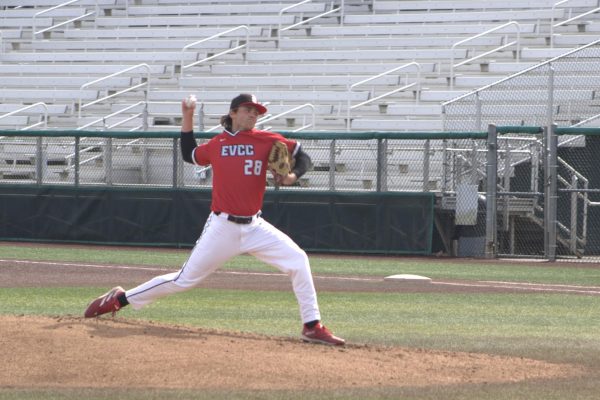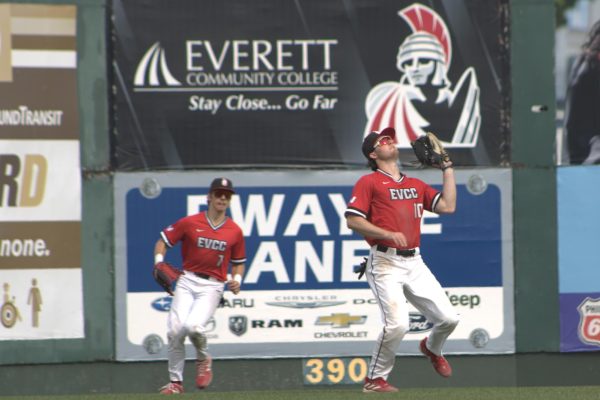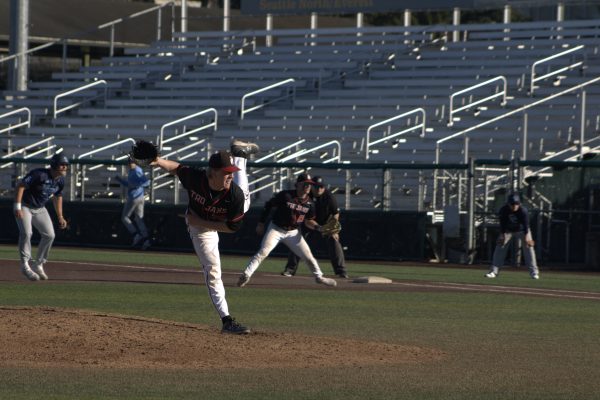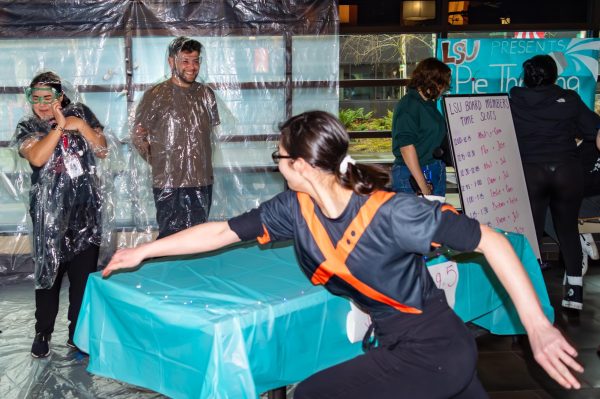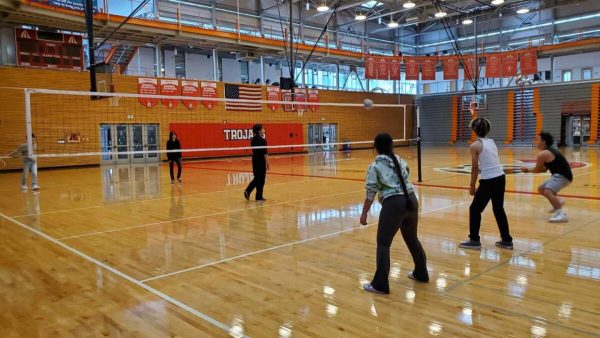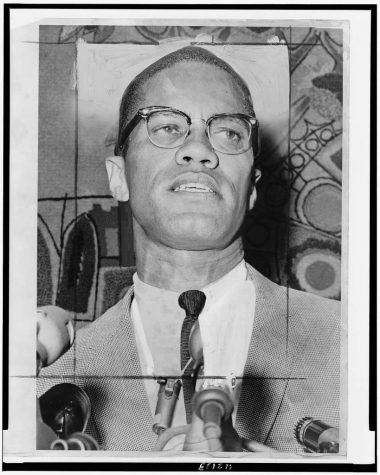A Look Inside a Writer’s Notebook: Terrence Hawkins
Founding director of the Yale Writer’s Conference, Terence Hawkins, visited to read from his two books and answer student questions at EvCC on Feb. 25. Hawkins was brought to the college through the EvCC Humanities Alliance, and through English faculty Charles Fischer. They met last June at the Yale Writers’ Conference where Fischer was workshopping a portion of his novel.
“Terry is… an extremely congenial man. The conference is great fun—we spend the day in writing seminars, workshops, and attending craft classes. The nights are devoted to readings—and afterwards, we would head out to the bar. It was at the Anchor Bar in New Haven that Terry and I struck up a conversation about his book.”
The Rage of Achilles is a recreation based off the classic, The Illiad. Hawkins injected humor into the story and writes with detailed imagery. Classics can be hard to read, but Hawkins recreation is “blunt” and “straightforward” according to students Kyla Ruse and Tiauna McDonald who attended with Fischer’s English 101 class. After the event, student Heidi Hatfield said that she’s “so excited to read it now,” and that “having him read it” makes her want to read it herself. It’s an experience hearing an author formally read his work to an audience.
After engulfing attendees in a few pages of The Rage of Achilles, Hawkins shared a portion of his latest book: American Neolithic. It takes place in futuristic Manhattan and involves one of the last Neanderthals, which in the book have secretly been living among us. Hawkins admits during Q&A that the idea came from his wife, who randomly asked what he thought neanderthals would be doing if they were alive today.
Though the audience barely filled half the room, what they lacked in numbers they made up for with interest and engagement. For at least 20 minutes following the readings, students spewed questions on reading, becoming a writer, adjectives, and more. Hawkins’ idea of a good book, he says is one that makes him want to live a little differently. His advice to students with writer’s block is to take notes on phrases and ideas, and go back through it when you get stuck.

How did you get here?
I took journalism 110 Media Writing last winter quarter. After class I was talking to Andrew about an assignment, and he suggested...

